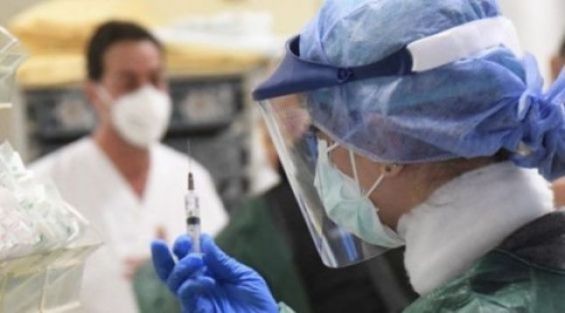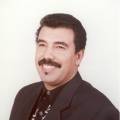The first stage of the vaccination campaign against the new coronavirus in Morocco should focus as a priority on vulnerable people, in addition to front liners. To better identify those that would benefit from this campaign, the Interior Ministry is conducting local censuses in cities and villages to identify beneficiaries.
In Ifrane, this operation has already started. The president of the commune, Hicham Afifi, told Yabiladi that this process «started for some time, under the supervision of the local authorities affiliated with the Interior ministry, through mokaddems, sheikhs and caïds». «Considering the number of inhabitants of our municipality, the elaboration of the lists is practically completed, to better identify the people in vulnerable situations, the elderly or those with pre-existent conditions», he reported.
Coordination between local authorities, municipalities and health workers
«The operation is supervised by the Interior Ministry through its local agents. For our part, we are at their disposal to provide any additional assistance required», underlined Hicham Afifi. «At the beginning of the week, a meeting made it possible to discuss the preparations for this vaccination campaign at the local level, and the provision of the necessary logistical or human resources», the elected official added.
A similar process is followed in other regions of the country, notably in the city of Taza, with door-to-door operations to identify households with at least one elderly person or with a chronic illness. The census campaign concerned all the towns and villages of the Kingdom.
This was confirmed to Yabiladi by Dr Mounir Lahlou, a practitioner at the Moulay Rachid hospital in Casablanca. «Things are ready» for the launch of this imminent campaign, «in coordination with the competent services of the Ministry of Interior». «The people targeted, who have previously registered their names with the competent authorities, will receive summons indicating the exact date for their vaccination», he said.
Thus, the operation should start in the coming days, «in all regions of Morocco, except for unforeseen circumstances, such as a possible lack of availability of the necessary batches of vaccine to cover all regions», said the physician. It should be spread over «12 weeks with an intensive vaccination schedule 6 days a week».
But for the moment, the Minister of Health Khalid Ait Taleb told France24 in an interview, Tuesday, that the launch date of this campaign «has not yet been defined». «Vaccination will follow a national strategy and measures in this direction will have to be accompanied by a program for the acquisition of doses of the vaccine», underlined the minister. If preparations are indeed in place to carry out this operation, the manager recalls that its launch remains dependent on the progress of the validation process of vaccines by their developers as well as the approval procedures by the Moroccan health authorities.
This vaccination campaign will be done on the basis of two simultaneous plans, says Dr Lahlou for his part. The first one consists in welcoming citizens to health centers designated for this purpose. The second will see «health workers outside these structures, in order to make vaccinations in other centers which will be used for the same purpose».
Hundreds of vaccinations scheduled daily
In Casablanca, the most populous city in the Kingdom, but also the most affected by Covid-19, health facilities will be busy welcoming people wishing to get vaccinated. «We will receive 1,000 people per day, for a team of 4 to 5 doctors and I will personally supervise the vaccination of 150 to 200 people per day, with an injection in two doses spaced 21 days apart», said Dr Mounir Lahlou to Yabiladi.
The practitioner emphasizes that the national vaccination campaign will be «in four phases, each lasting 21 days». The first «includes health personnel, police, the Gendarmerie corps, the Royal Armed Forces, auxiliary forces, essential workers, people with chronic diseases, as well as people aged 45 and over».
This first phase «targets nearly 10 million beneficiaries, with a daily vaccination rate of around 500,000 people», while «the following stages will concern groups of around one million people». The second phase will include groups of young adults, aged between 18 and 44, «in addition to those who would have received the first dose of the vaccine in the first phase and would need to return for a second injection 21 days later».
The third stage, according to the doctor, «will include people who received their first dose of vaccine during the second stage» while the fourth will open more widely to those «willing to receive the vaccine, even if their names were not included in those concerned by the previous stages». Dr Lahlou said that Morocco «aims for the campaign to cover about 80% of the population».
Dr Mounir Lahlou underlined that the campaign will also involve people previously infected and cured of the new coronavirus, in addition to pregnant women. But before submitting the people benefiting from the vaccine to the two injection doses, «the medical personnel who will supervise this process will themselves be vaccinated, before the start of the campaign», the physician specifies.





 chargement...
chargement...













